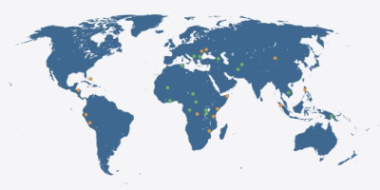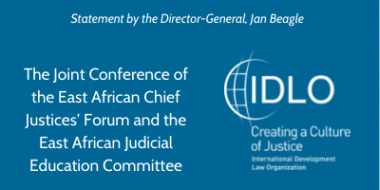Judicial training on tax legislation in Bulgaria
After Bulgaria’s accession to the European Union the national tax system underwent significant transformations. Wide-reaching reforms to Bulgarian legal codes - civil, criminal and commercial - were implemented, previously existing legislation was overhauled, and many new areas of legislation were introduced, requiring extensive re-training of the judiciary. To deal effectively with cases relating to tax, judges require a sound understanding of tax matters through ongoing and specialized training.













